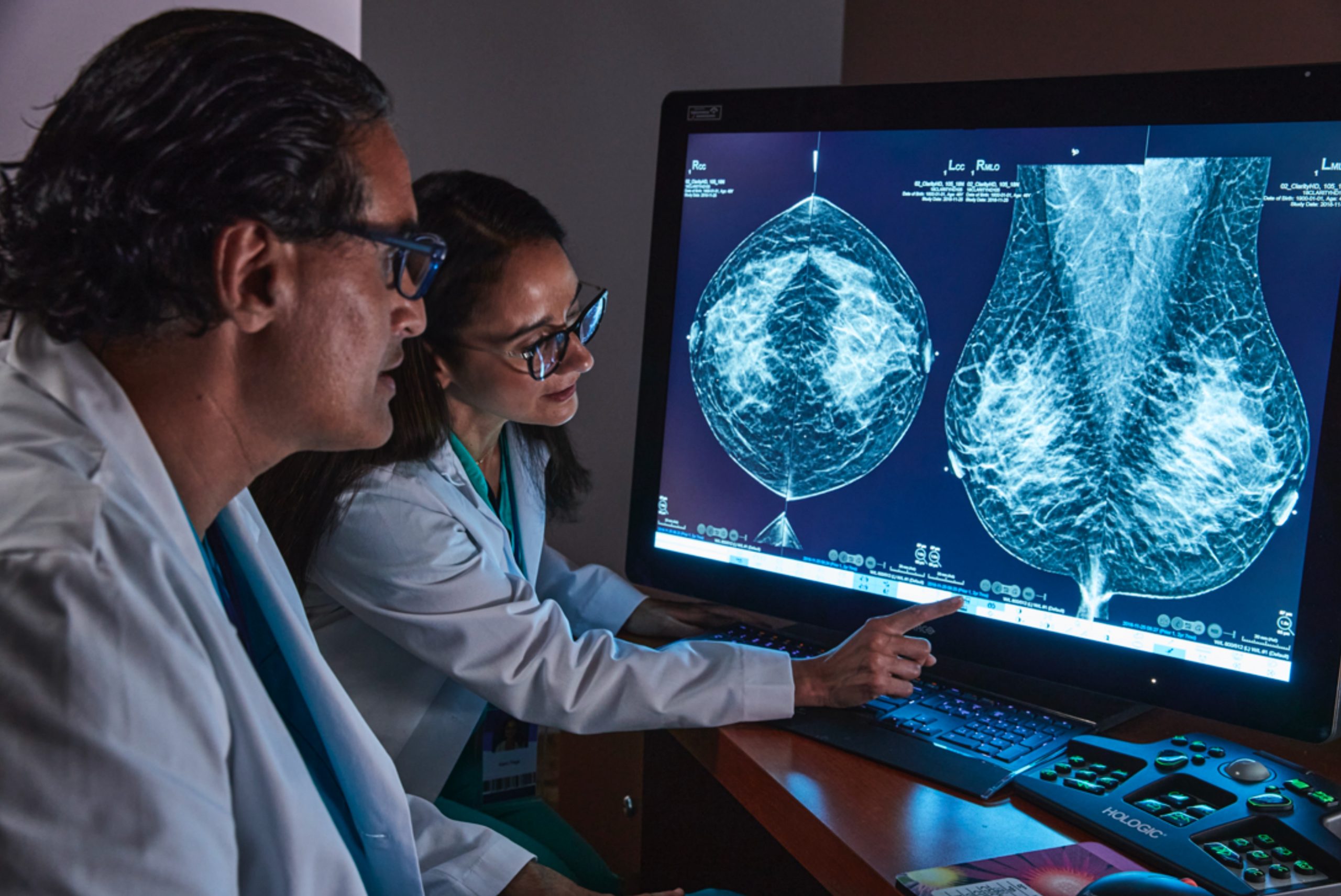
Lunit’s AI-powered solution, SCOPE IO, is transforming breast cancer care by improving the assessment of tumor-infiltrating lymphocytes (TILs). In a groundbreaking study, SCOPE IO demonstrated remarkable concordance with pathologists’ evaluations, reducing discordant cases significantly. This AI-assisted approach holds promise for more effective and personalized breast cancer treatments, especially in predicting chemotherapy responses. Lunit’s CEO, Brandon Suh, emphasized the potential for SCOPE IO to revolutionize breast cancer care, offering consistent and accurate TIL assessments while predicting treatment outcomes.
Lunit, a prominent leader in AI-driven solutions for cancer diagnostics and therapeutics, has unveiled groundbreaking research published in npj Breast Cancer (Nature Partner Journal Breast Cancer). This research represents a significant leap forward in breast cancer treatment planning, harnessing the power of Lunit’s AI-driven tumor-infiltrating lymphocytes (TIL) analyzer, Lunit SCOPE IO.
The effectiveness of breast cancer treatments hinges on the assessment of TIL within the tumor microenvironment. However, the inherent variability in unaided TIL assessments has impeded its use as a reliable biomarker. Lunit has surmounted this challenge with Lunit SCOPE IO, enabling comprehensive TIL assessment and immune phenotyping across different cancer types, thereby facilitating accurate diagnosis and treatment planning.
In a comprehensive evaluation involving 402 whole slide images of breast cancer, three pathologists initially assessed stromal TIL (sTIL) scores. Among these 402 images, 210 cases (52.2%) exhibited sTIL score differences of less than 10 percentage points between the pathologists. Remarkably, Lunit SCOPE IO demonstrated standalone performance with a noteworthy concordance correlation coefficient of 0.755 when compared to the assessments made by pathologists.
For the remaining 226 slides (56.2%) where the variance between pathologists and the deep learning-based TIL analyzer exceeded 10 percentage points, revised assessments were conducted with the assistance of Lunit SCOPE IO. This collaborative approach reduced the number of discordant cases to just 116 (28.9%), signifying a statistically significant improvement. Furthermore, Lunit SCOPE IO-assisted revisions markedly enhanced the concordance correlation coefficient of the sTIL scores among the pathologists.
The implications of this study extend to critical treatment decisions for breast cancer patients. In instances where patients with triple-negative and HER2-positive breast cancer underwent neoadjuvant chemotherapy, assessments assisted by Lunit SCOPE IO revealed significantly higher sTIL scores among responders. Additionally, AI-assisted evaluations uncovered a correlation between sTIL-high tumors and positive responses to chemotherapeutic treatments.
This groundbreaking research underscores the potential of AI analysis as a dependable reference for sTIL scoring in breast cancer evaluations. By enhancing consensus among pathologists in sTIL interpretation and predicting responses to neoadjuvant chemotherapy, Lunit SCOPE IO offers a promising path toward more effective and personalized breast cancer treatment strategies.
Brandon Suh, CEO of Lunit, emphasized, “The inconsistent assessment of tumor-infiltrating lymphocytes has posed challenges in breast cancer treatment decisions. Lunit SCOPE IO addresses this issue by providing consistent and accurate TIL assessments while also predicting treatment outcomes. This thoughtful use of Lunit AI has the potential to revolutionize how we analyze and treat breast cancer, ushering in a new era for patients and equipping oncologists with a powerful tool to enhance care.”




